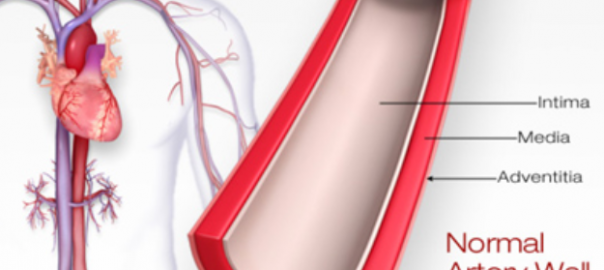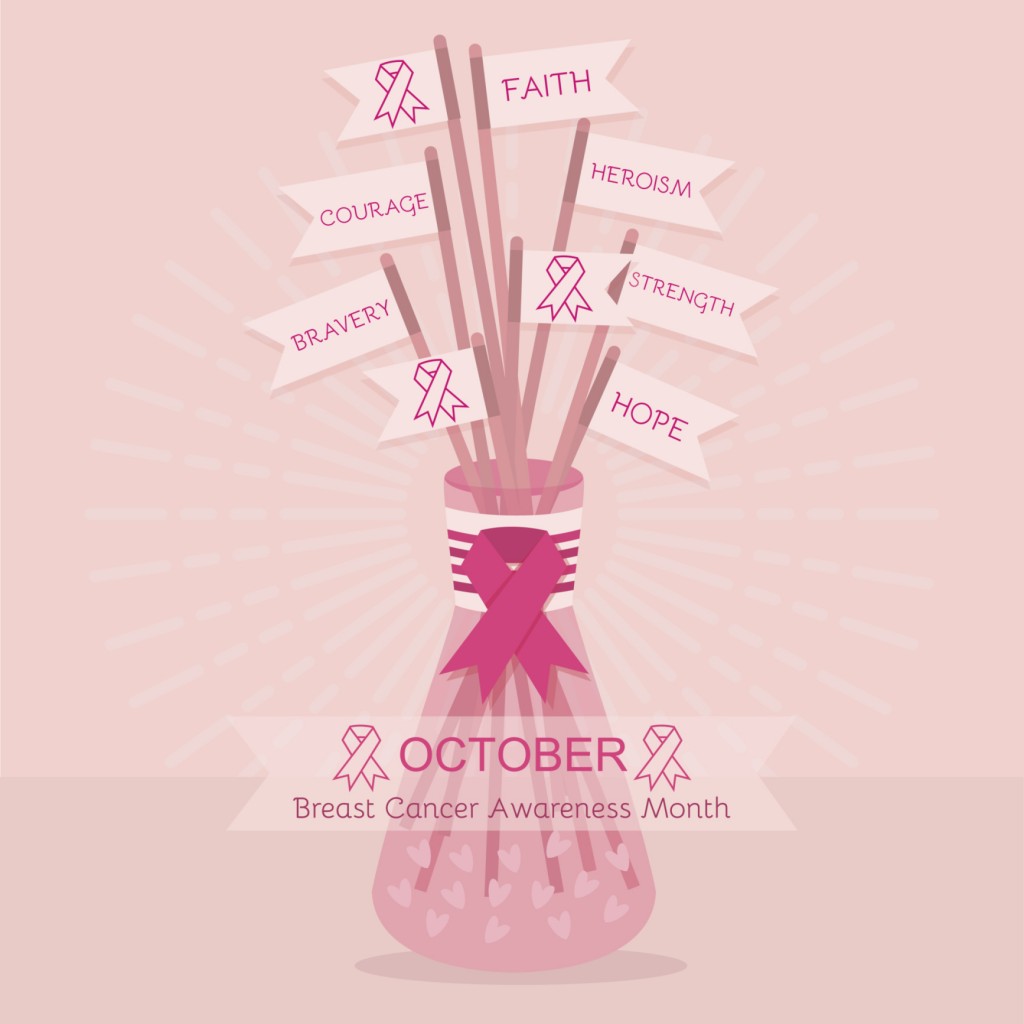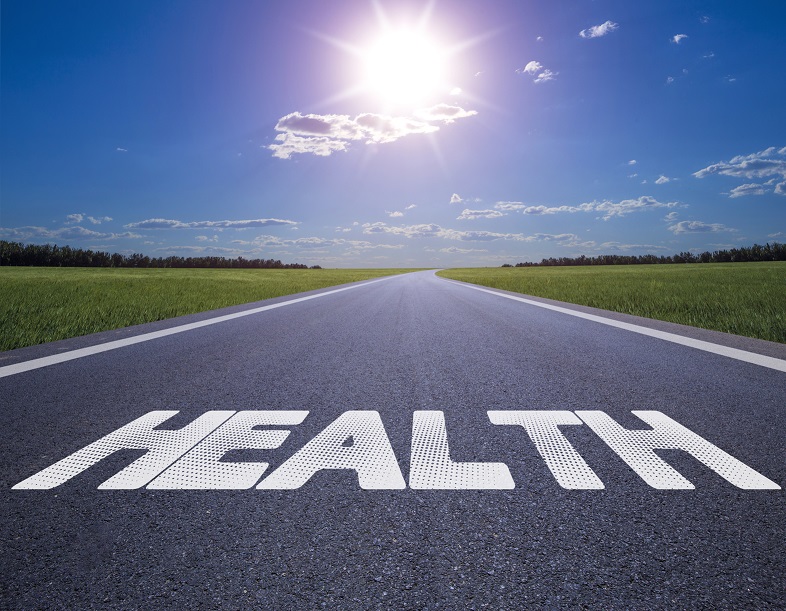It is estimated that for ten million Americans (85% of whom are women), incontinence of urine is socially embarrassing, physically limiting, or a significant disability. In fact, after psychiatric and neurological disorders, the uncontrollable or accidental loss of urine is the second most common reason individuals are placed in nursing home facilities.
Among women, between the ages of 45-64, 40% are estimated to have experienced incontinence of urine. Women often perceive that their problem is a normal result of bearing children and getting older, and therefore just cope with it. The true number of non-institutionalized women who have quietly altered their lives because of accidental loss of urine is actually unknown because they are reluctant to discuss their urinary incontinence. Women are frequently embarrassed and hesitant to admit their problems to their family, friends, or even to their personal physician.
However, they also limit exercising, dancing, traveling, and other activities, which would otherwise require them to be away from nearby toilet facilities. They frequently will change the style of clothes they wear to avoid embarrassment.
Urinary incontinence occurs when there is a sudden increase in abdominal pressure during certain activities such as laughing, coughing, sneezing, running, bending, lifting, etc. The primary cause of the problem is a weakness of the pelvic tissues (prolapse), which normally supports the bladder (cystocele) and its sphincter. The amount of urine loss with each episode of stress, varies with the degree of weakness, the volume of urine in the bladder, and the intensity of the abdominal pressure. Yet, urinary incontinence is a symptom of a condition, which is not normal and usually can be successfully treated to restore normal bladder function.
There is a type of urinary incontinence known as urge incontinence, in which someone perceives the urgent need to urinate, and will likely fail to get there in time. The amount of urine loss can vary with the cause of the urge, the volume of urine in the bladder, and the strength of the pelvic tissue. The most common physical cause is an infection of the bladder (cystitis) and/or urethra (urethritis), and it is corrected with the treatment of the infection. There are other causes such as chronic inflammation of the bladder, polyps or tumors, and certain medications. When no physical cause can be found after a complete medical evaluation, the cause is usually a result of a learned habit. Treatment may include medications, bladder retraining programs, and pelvic floor muscle exercises (Kegel exercises).
There are other less common, but important types of urinary incontinence:
Overflow incontinenceis a frequent spilling of a small amount of urine when the bladder is over-distended and can occur with certain medications, after pelvic surgery, or trauma.
Reflex incontinenceis the loss of urine when the person is completely unaware of the need to urinate, such as while sleeping or washing their hands. This type of incontinence may indicate an underlying neurological disorder.
The first step in correcting urinary incontinence is sharing the problem with your physician. Before your visit, you will be asked to fill out a patient history for urinary function form. This form should be completed prior to your office consultation.
You may be given a two-day “voiding diary” to record the number of liquids you drink and the number of times and amount you urinate during the day and night. You will also list the circumstances under which you regularly experience urinary urgency or incontinence.
After your patient history, physical examination, and voiding diary are completed and reviewed, simple office tests are performed which will further identify the primary cause of your incontinence. Once the cause (or causes) is determined, the proper treatment and alternative will be recommended and explained. Treatment begins with having a thorough understanding of normal urinary function, the cause of your urinary problem, and your treatment alternatives. Successful treatment is a patient-physician team mission and is an achievable goal.
If you would like more information on cholesterol, contact Dr. Gordon C. Gunn MD at 714-912-2211 or visit www.gordongunnmd.com to schedule an appointment today.
Dr. Gordon Gunn proudly serves Fullerton and all surrounding areas.









